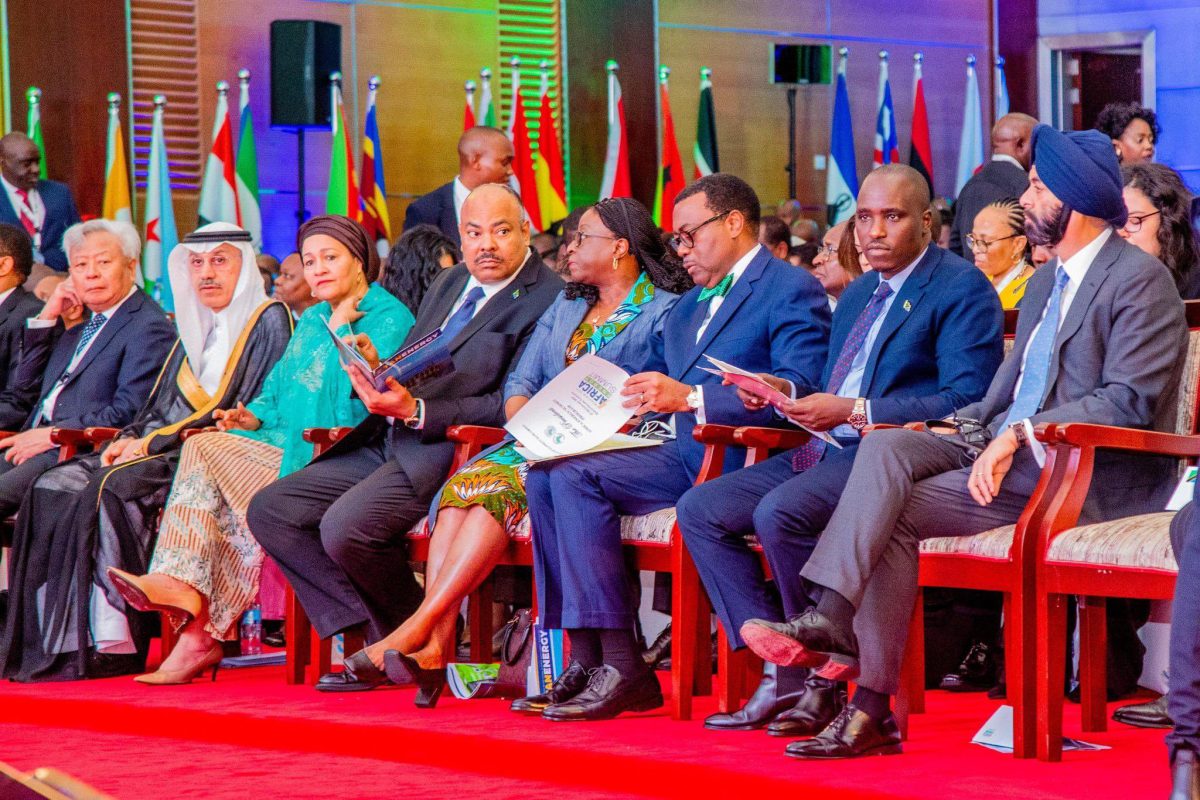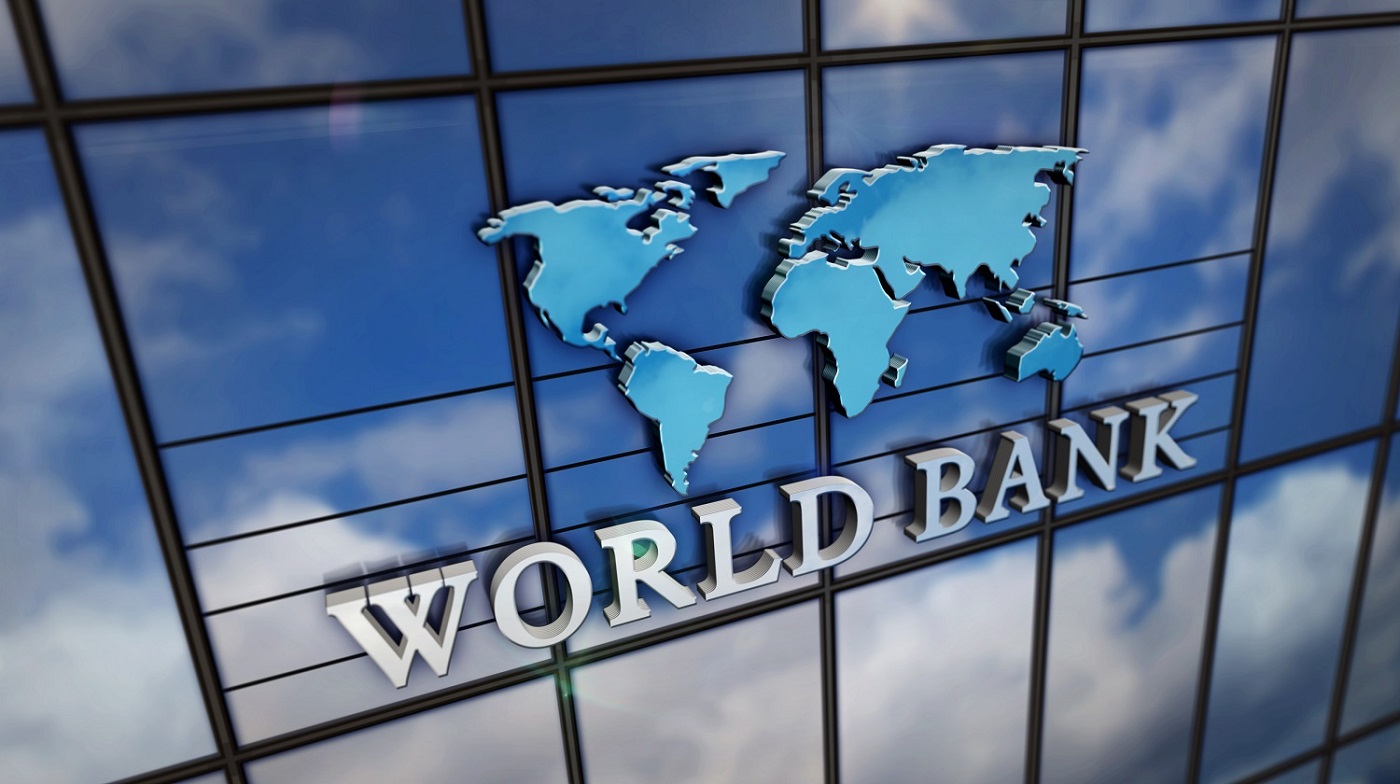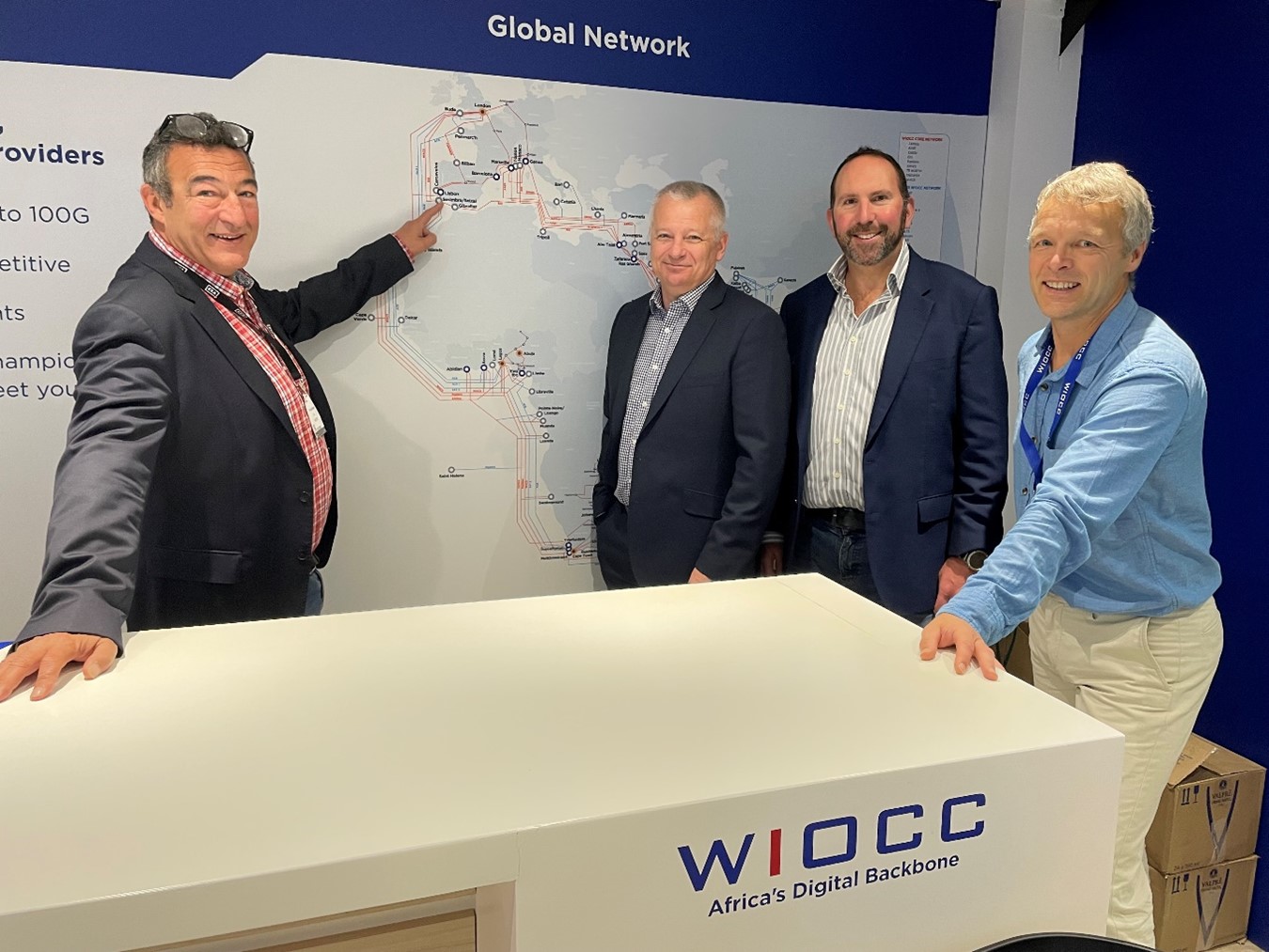The Africa Energy Summit 2025 has commenced in Dar es Salaam, Tanzania, with a focus on addressing Africa’s critical energy access and sustainability challenges.
Under the theme “Mission 300,” the summit aims to provide reliable, affordable, and sustainable electricity to 300 million Africans by 2030. The gathering has brought together African Heads of State, business leaders, development partners, and civil society representatives to forge a path toward universal energy access.
Read also: Nairobi to host 7th annual Africa Tech Summit in 2025
Tanzanian President Samia Suluhu Hassan is hosting the event, which is a joint effort by the African Union, African Development Bank Group (AfDB), World Bank Group, and the Rockefeller Foundation.
Prominent attendees include Ajay Banga, President of the World Bank Group, who arrived in Tanzania on January 26 and will chair critical discussions. Other notable participants include Amina J. Mohammed, Deputy Secretary-General of the United Nations; Dr. Rajiv J. Shah, President of the Rockefeller Foundation; Dr. Muhammed Al Jasser, Chairman of the Islamic Development Bank Group; and Damilola Ogunbiyi, CEO of Sustainable Energy for All.
Bridging Africa’s energy gap
The summit highlights the urgent need to close Africa’s electricity deficit, with 600 million people currently lacking access to power. Key discussions will focus on expanding energy access in underserved regions, advancing renewable energy solutions, and mobilising private sector investments.
Two major outcomes are anticipated from the summit. The Dar es Salaam Energy Declaration will document commitments by African governments to implement reforms in their energy sectors to achieve universal access. Meanwhile, National Energy Compacts will outline country-specific strategies with defined targets and timelines for implementation. 12 countries, including Nigeria, Chad, Côte d’Ivoire, and Tanzania, will unveil their initial compacts, with others joining later.
Read also: Africa’s top tech startups honored at AfricArena
Nigeria’s participation
Nigeria’s President Bola Tinubu is attending the summit and is set to deliver a national statement reaffirming Nigeria’s dedication to universal energy access. Nigeria will also present its energy compact, detailing its plans to address energy challenges and extend access nationwide.
A Transformative Partnership
Mission 300 represents a collaboration between the AfDB, the World Bank Group, and other global stakeholders, leveraging advanced technology and innovative financing to reshape Africa’s energy landscape. Partnerships and commitments made during the summit aim to transform lives, foster sustainable development, and create jobs.


